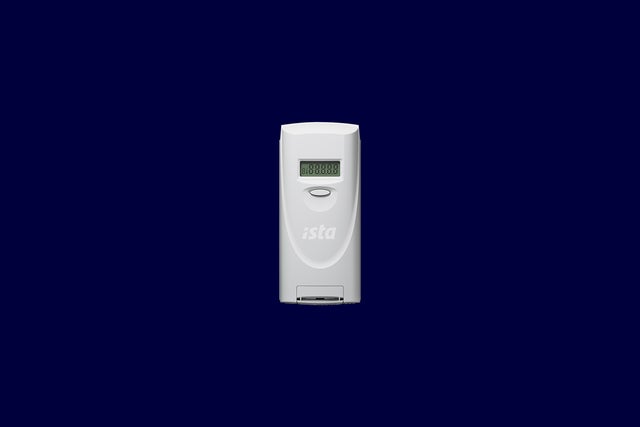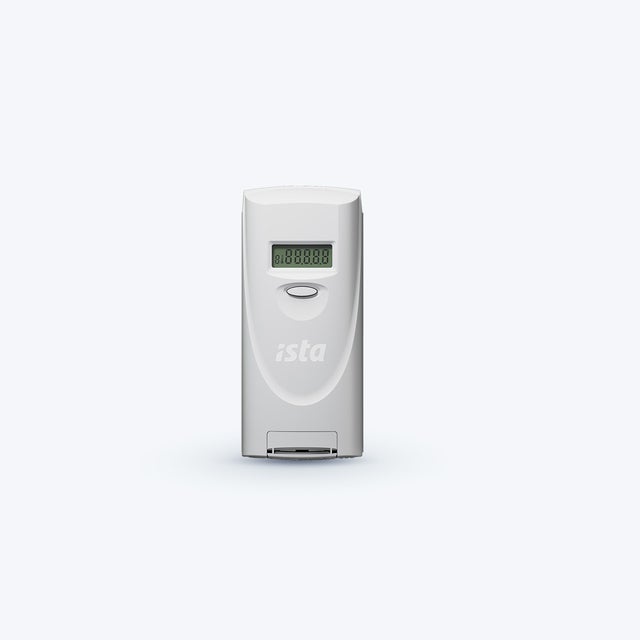
Transform the way you manage heating costs with ista's innovative wireless heat cost allocator, which delivers transparency, accuracy and ease of use in one powerful solution.
Experience the future of heating cost allocation with our cutting-edge doprimo 3 radio net. This state-of-the-art device combines all the reliable and proven features of the previous generations of the doprimo, including a seamlessly integrated radio interface.
Our automated monthly readings provide the foundation for accurate information on your tenants’ energy consumption throughout the year. With our interoperable solution, stay ahead of the game and future-proof your heat cost allocation.

With an easy-to-read display and individual programming, doprimo 3 radio net offers three different service variants – on-device reading, remote reading outside the home, and remote access. This powerful tool also allows for bidirectional transmission in networked mode and unidirectional transmission in walk-by mode, giving you the ability to send data telegrams seamlessly using different transmission methods.
Rent a heat cost allocator from ista and save on hardware costs. Our distribution and measuring devices are available for rent, and are guaranteed to work perfectly for the full term of the lease.

Our smart heat cost allocator is the perfect tool to keep track of your heating costs and monitor your energy consumption. But when you pair it with our heat cost allocation service, you will unlock a whole new level of efficiency and accuracy.